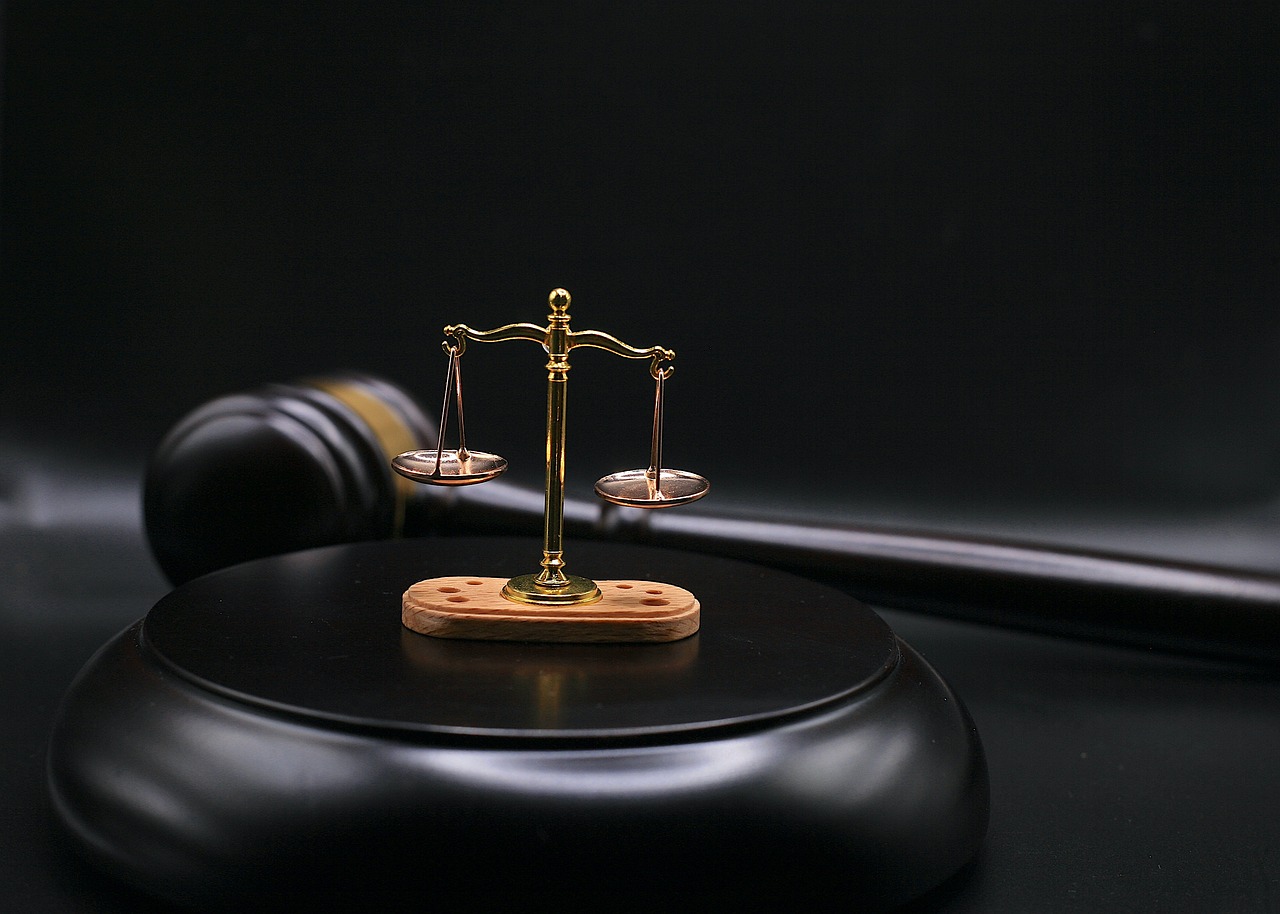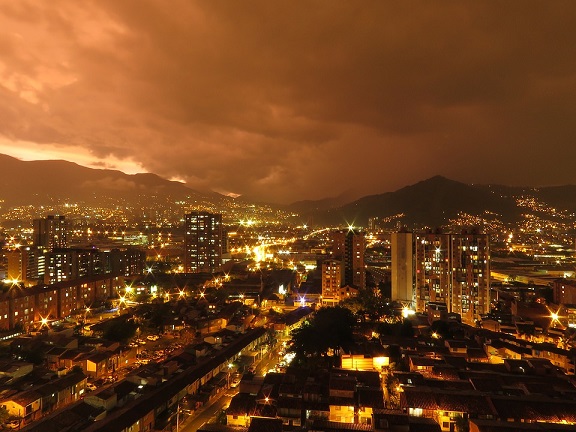The already suspicious delay in the election of the new attorney general by the 23 magistrates and judges of the Supreme Court of Justice (CSJ) has the country at ideological and political loggerheads.
 Germán Ayala Osorio
Germán Ayala Osorio
There are two clearly differentiated sides: on the one hand, there are those who suspect that there are magistrates interested in paying favours to the outgoing prosecutor, Francisco Barbosa, by ensuring that the controversial deputy prosecutor Martha Mancera takes over the prosecutor’s office for at least two months or more.
Also, that there are powerful economic and political actors, legal and illegal, interested in the Barbosa administration being extended in time in the hands of Mancera. Among those who suspect the interests of the judges are the ‘petristas’ (sympathisers of Colombian president Gustavo Petro), some serious jurists, independent journalists and the government of Gustavo Petro.
The other side, which includes Uribistas (sympathisers of former president Alvaro Uribe) and fervent anti-Petro supporters, believe that the pressure being applied to the CSJ magistrates through the social media is due to President Petro’s interest in having the prosecutor chosen quickly in order to safeguard his son Nicolás Petro’s fate, who is being prosecuted for illicit enrichment.
According to this narrative, the new prosecutor, having been nominated by the head of state, would be obliged to defend the political and personal interests of the president of the Republic.
 In other words, any of the three women nominated who are elected as attorney general of the nation will be Petro’s token and will therefore act in favour of the Colombian president.
In other words, any of the three women nominated who are elected as attorney general of the nation will be Petro’s token and will therefore act in favour of the Colombian president.
Diametrically opposed narratives emerge from both sides, fiercely defended by Francisco Barbosa and President Gustavo Petro. The former accuses President Petro of protecting and benefiting criminal structures (drug traffickers, in particular) and that this is where his interest lies in appointing the person who would give continuity to this presidential bid to the ‘bunker’ of the Prosecutor General’s Office. Of course, Barbosa’s discourse does not have any basis because it is the result of his animosity towards the president and because, contrary to his own case, those nominated by Gustavo Petro are not his close friends. At this point it should be remembered that the then ‘puppet-president’, Iván Duque Márquez nominated Francisco Barbosa and it was the CSJ that elected him Attorney General of the Nation, until 12 February 2024.
Recently, journalists close to Barbosa picked up on the outgoing prosecutor’s comment that Petro would be worried about the fate of his son, Nicolás Petro, who is being prosecuted for illicit enrichment, for having received millions in funds during the Petro for president campaign.
 What can best happen is for the judge handling the case of Petro’s son to rule as soon as possible, to avoid any stain being placed on the women nominated, and in particular on whoever is elected. If there is strong evidence, let her convict him. If, on the other hand, there is insufficient evidence to prove the commission of the crime, then let her rule accordingly.
What can best happen is for the judge handling the case of Petro’s son to rule as soon as possible, to avoid any stain being placed on the women nominated, and in particular on whoever is elected. If there is strong evidence, let her convict him. If, on the other hand, there is insufficient evidence to prove the commission of the crime, then let her rule accordingly.
Meanwhile, Gustavo Petro disqualifies Barbosa’s management, supported by investigations by very reliable journalists such as Gonzalo Guillén, Daniel Coronell and Yohir Ackerman, which point out, among other things, that Mancera has links with mafia prosecutors from Cali who also have relations with drug traffickers from the north of Valle del Cauca.
Similarly, the same journalistic investigations indicate that Barbosa and Mancera were involved in defending the shady dealings of politicians from the Char, Gnecco and Name clans, and in the institutional decision not to bring members of the Gulf clan to justice. The scale of public-private corruption in Colombia is colossal. Worst of all, there is no solution in sight, as the Attorney General’s Office, the Comptroller General’s Office, the Prosecutor General’s Office, judges, congressmen and high court magistrates are politically involved in the corrupt practices.
The so-called ‘Toga’ and ‘Hemophilia’ cartels (due to the high level of corruption of civil servants), and ‘the Marionettes’ case are examples of real criminal enterprises whose operations revolved around magistrates who sold fixed rulings, and also around corrupt congressmen with the capacity to misappropriate millions of resources from state agencies to which they had access thanks to staff directly connected to state agencies such as the Department for Prosperity (DPS) or to investment programmes for peace or those associated with public policies of a social nature.
 In the midst of these corruption schemes, the Attorney General’s Office appears not as an entity designed to prosecute, investigate and accuse the corrupt, but rather as one that has been converted precisely to prevent these punishable conducts from being investigated.
In the midst of these corruption schemes, the Attorney General’s Office appears not as an entity designed to prosecute, investigate and accuse the corrupt, but rather as one that has been converted precisely to prevent these punishable conducts from being investigated.
For some time now, the Attorney General’s Office has been operating as an employment exchange, which is accessed through agreements between barristers of the Supreme Court of Justice and the attorneys general who have directed the prosecuting body in order to cover up, minimise, hide and avoid reporting the conduct of high-ranking state officials and private individuals with economic and political power, with access to the highest levels of the Attorney General’s Office and even the President of the Republic.
For all of the above reasons, the election of the Attorney General of the Nation is an opportunity to stop and punish crimes, including acts of corruption. But it is completely contrary to this, from tradition and the already naturalised mafia ethos, to perpetuate it, as well as clientelistic relationships and crime. It is not surprising that impunity in the country stands at around 94 per cent.
Mechanisms for electing the visible heads of the Comptroller’s Office, the Attorney General’s Office and the Prosecutor General’s Office are convoluted from the constitutional design itself.
 This is because they are contaminated by the everlasting political interests associated with the payment of favours when those who win the elections understand that they are obliged to hand over these bodies to the political parties for their administration, plundering or direction to cover up or uncover, in accordance with the mafia agreements reached between the groups that won the elections.
This is because they are contaminated by the everlasting political interests associated with the payment of favours when those who win the elections understand that they are obliged to hand over these bodies to the political parties for their administration, plundering or direction to cover up or uncover, in accordance with the mafia agreements reached between the groups that won the elections.
Petro is dealing with the clientelistic and political agreements that Iván Duque Márquez consolidated and legitimised during his perfidious four years. What is certain is that there are two opposing narratives in the already convoluted election of Barbosa’s replacement and only one truth: corruption in Colombia will never end.
(Translated by Rene Phelvin – Email: renephelvin@gmailcom) – Photos: Pixabay












.jpg)












